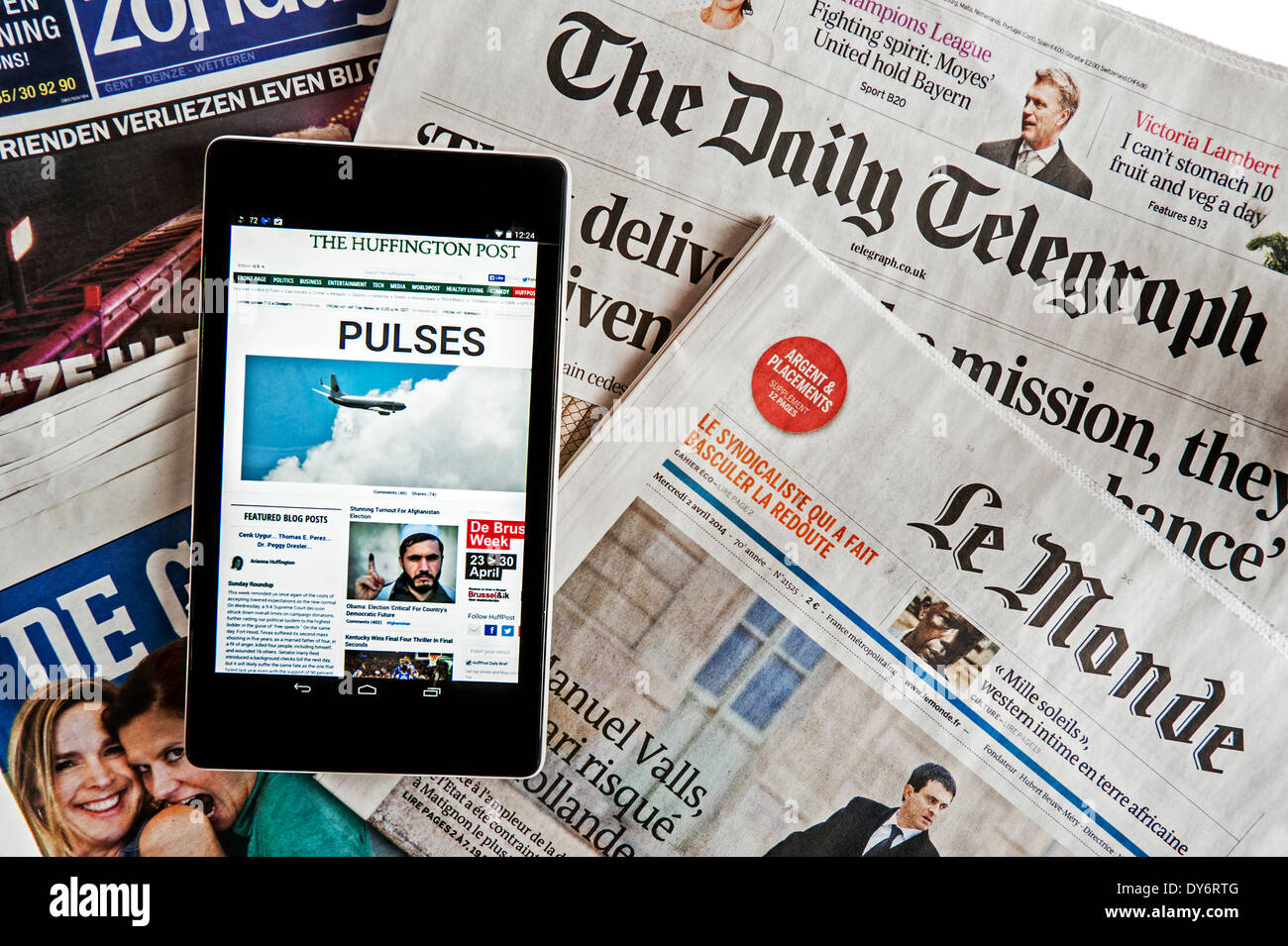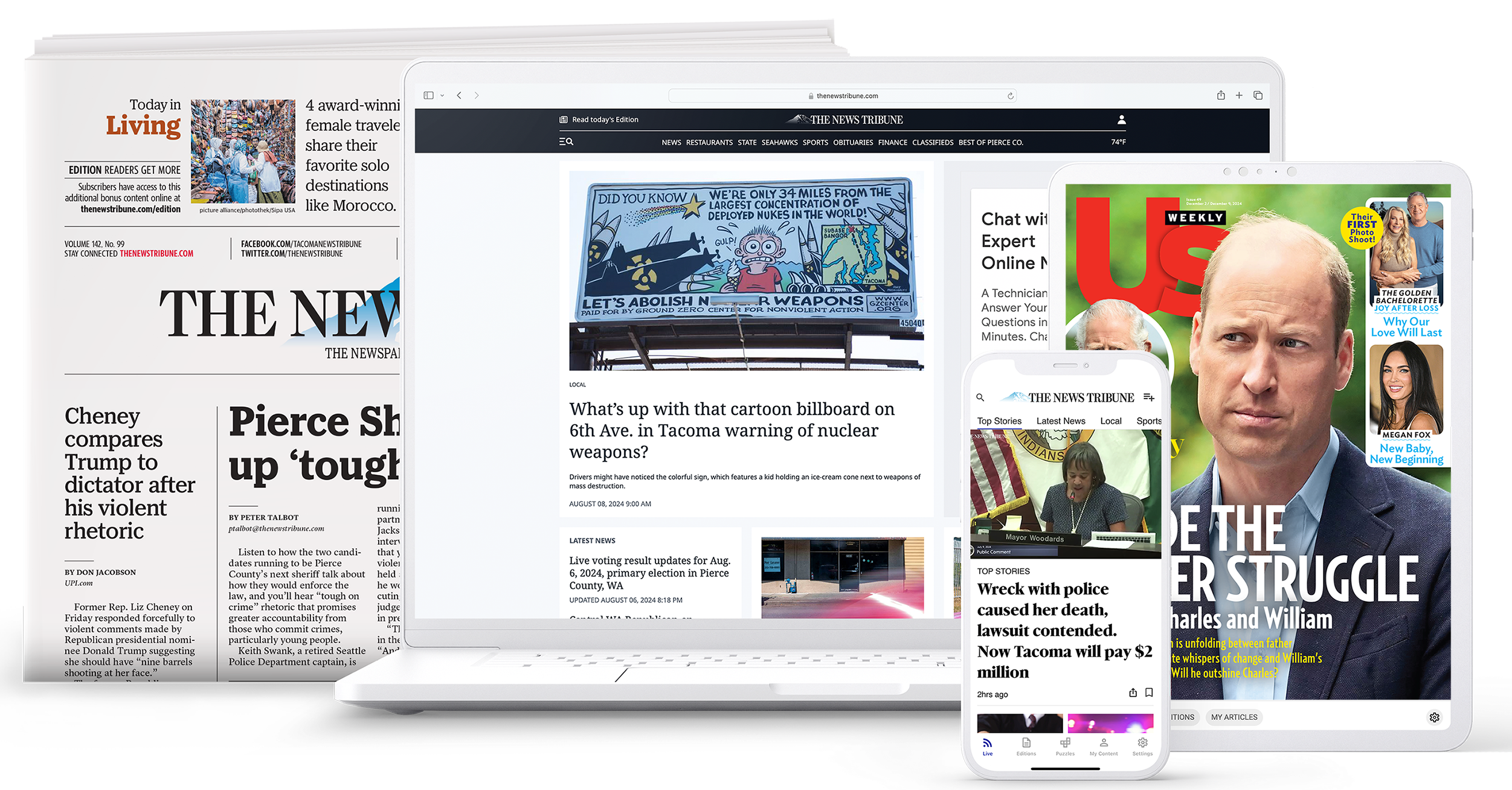Behind the Scenes at How stnews.live Delivers News
The Importance of Fact-Checking in the World of News Online
The frequency of false information in today's on-line news landscape has actually gotten to worrying degrees. Fact-checking organizations play an essential role in counteracting this trend. They validate claims and enhance the integrity of journalism. Nonetheless, the performance of these companies frequently depends upon their methodologies and public perception. As audiences browse this complex environment, the ramifications of their searchings for may form the future of news intake and depend on. What does this mean for the honesty of info progressing?

The Surge of Misinformation in the Digital Age
How has the development of digital innovation added to the spread of misinformation? The quick development of the web and social media platforms has assisted in the circulation of information at an unmatched pace. Customers can share short articles, video clips, and opinions with a simple click, frequently without confirming the content's accuracy. Algorithms prioritize astonishing or emotionally billed material, resulting in a spreading of deceptive stories that record attention.
In addition, the anonymity managed by digital platforms allows individuals to spread out false info without liability (stnews.live). Misinformation prospers in resemble chambers, where individuals are revealed primarily to perspectives that strengthen their ideas, even more lodging frauds. The saturation of details can overwhelm users, making it testing to recognize reputable sources from unstable ones. Misinformation has ended up being a pervasive problem in the digital landscape, impacting public opinion and trust in legitimate news resources.
The Role of Fact-Checking Organizations
Fact-checking organizations play an essential role in boosting the reliability of journalism by verifying claims made in news records. Their efforts are essential in combating misinformation, making certain that accurate details dominates in the digital landscape. By holding media outlets responsible, these organizations add significantly to notified public discussion.
Enhancing Trustworthiness in Journalism
While misinformation proliferates in the electronic age, fact-checking companies play an important duty in improving the trustworthiness of journalism. These companies diligently confirm claims made in newspaper article, public statements, and social media blog posts, making certain that info distributed to the public is accurate and credible. By providing independent analyses, they function as a vital source for journalists, helping them preserve high standards of honesty. In addition, their initiatives advertise openness in media, cultivating public count on. As audiences become significantly discerning, the visibility of reputable fact-checking entities can differentiate dependable news resources from those that might spread fallacies. Inevitably, the dedication of fact-checking organizations to copyright truthfulness is critical for the health and wellness of democratic discourse.
Combating Misinformation Successfully
As misinformation remains to spread out swiftly across digital systems, the duty of fact-checking organizations becomes significantly important in the battle for accurate info. These companies work as guard dogs, inspecting cases made by public numbers and media outlets to ensure liability. By utilizing extensive research study methods and specialist analysis, they validate facts and make clear misleading narratives. Their findings are disseminated through different networks, enlightening the public and promoting critical thinking. On top of that, collaborations with social media platforms enhance their reach, permitting timely flagging of false details. As digital literacy grows, the impact of fact-checking companies is essential in equipping target markets to recognize fact from fraud, inevitably contributing to an extra informed society.
How Misinformation Affects Public Perception
Misinformation greatly undermines count on media, leading audiences to question the trustworthiness of news sources. Therefore, individuals typically gravitate towards electrical outlets that strengthen their existing beliefs, adding to the polarization of point of views. This dynamic creates a fragmented info landscape, where shared comprehending ends up being increasingly tough to accomplish.
Rely on Media

Rely on media has actually ended up being increasingly fragile in the digital age, where the rapid spread of incorrect details can skew public understanding. As misinformation proliferates across social media and online platforms, target markets often find it challenging to determine reputable resources from unreliable ones. This uncertainty promotes uncertainty, leading numerous people to examine the intentions behind news coverage. Count on in developed media outlets has actually decreased, as consumers increasingly turn to different resources that may do not have rigorous content criteria. This erosion of count on not just affects individual ideas but likewise threatens the collective capacity to engage in informed discussions. Eventually, the integrity of journalism goes to stake, highlighting the crucial demand for efficient fact-checking to recover self-confidence in the media landscape.

Polarization of Opinions
The enhancing uncertainty towards traditional media has added to an expanding polarization of point of views amongst the general public. False information, frequently distributed with social media and online systems, plays a substantial function fit unique ideological splits. People frequently look for info that lines up with their pre-existing ideas, enhancing their point of views while disregarding opposing viewpoints. This resemble chamber impact increases divisions, leading to a fragmented public discourse where consensus comes to be significantly evasive. Furthermore, sensationalized narratives thrive in this setting, even more skewing public perception and cultivating question in legitimate resources. As polarization escalates, the necessity for reliable fact-checking ends up being vital to connect gaps and advertise informed conversations, ultimately ensuring a more cohesive culture efficient in steering complex problems.
Techniques for Efficient Fact-Checking
Effective fact-checking depends on a systematic method that includes complete research, confirmation of resources, and vital evaluation of claims. A foundational strategy is cross-referencing information from several credible resources to verify its precision. Fact-checkers often make use of specialized data sources and archives to map i was reading this the beginning of certain declarations, making certain that the reported info lines up with documented evidence.
One more essential technique entails looking at the context in which cases are offered. Deceptive details can arise from out-of-context quotations Visit This Link or discerning information usage. By analyzing the more comprehensive story, fact-checkers can recognize potential biases or false impressions.
Engaging with specialists in relevant fields can provide clarity and understanding that improves the fact-checking procedure. This partnership can reveal nuances that laypeople may ignore - stnews.live. Eventually, a regimented technique incorporating these strategies fosters a much more enlightened public, improving the integrity of info distributed in the digital age
The Influence of Social Media on News Intake
Exactly how has social networks changed the method people eat news? The emergence of systems like Facebook, Twitter, and Instagram has significantly altered news usage patterns. News is now distributed swiftly, permitting customers to gain access to real-time updates and involve with material with likes, shares, and remarks. This immediacy has promoted a choice for bite-sized info, usually at the expense of thorough analysis.
Social media makes it possible for customized news feeds, where algorithms curate material based on user choices, creating echo chambers that may restrict direct exposure to varied point of views. The role of traditional news electrical outlets has diminished as individuals increasingly depend on peer suggestions and trending subjects. The credibility of info is often compromised, as sensationalism can overshadow accurate coverage. On the whole, social media sites has reshaped news consumption, highlighting speed and personalization while testing the criteria of journalistic integrity.
Empowering Audiences to Identify Trusted Resources

Furthermore, taking a look at the authorship and business history of newspaper article can reveal prospective biases. Cross-referencing info throughout several reliable outlets further enhances the verification process. Using digital devices, such as internet browser extensions that rate the integrity of internet sites, can additionally assist in recognizing credible info. By actively involving with these sources and growing a critical mindset, audiences can much better equip themselves to determine trusted news resources, eventually fostering a much more enlightened society in the middle his response of the complexities of today's media setting.
The Future of Journalism and Fact-Checking
As the media landscape evolves, the future of journalism and fact-checking encounters both tests and opportunities. The rise of electronic platforms has actually equalized information dissemination, allowing diverse voices to arise. Nonetheless, this has additionally resulted in the expansion of false information, requiring durable fact-checking mechanisms. Reporters will significantly count on technology, including AI devices, to validate realities rapidly and successfully.
Cooperation in between news organizations and fact-checking entities is expected to enhance reliability and openness. Target market engagement will certainly play an important role, as informed viewers come to be significant companions in recognizing reliable content.
The demand for accountability and precision is likely to grow, pushing reporters to support high requirements in their reporting. Ultimately, the future of journalism may pivot on its ability to adapt to technical advancements while preserving journalistic integrity, making sure that fact-checking remains a keystone of legitimate news.
Frequently Asked Inquiries
Just How Can I Report False Information I Encounter Online?
To report misinformation experienced online, people can use platform-specific reporting devices, offer clear evidence, and share the info with fact-checking organizations. Engaging with community conversations can additionally help raise understanding concerning the misinformation.
What Are Common Indications of False Information in News Articles?
Usual indications of misinformation in newspaper article consist of sensational headlines, absence of trustworthy resources, emotional language, irregular facts, and lack of writer qualifications. Readers must critically review content for these indicators to discern precision.
Just How Do Fact-Checkers Confirm Resources?
Fact-checkers confirm sources by cross-referencing information with credible databases, speaking with professionals, and checking out the initial context of claims. They additionally evaluate the integrity of the sources, making certain exact and credible information for public intake.
What Lawsuits Can Be Taken Against False information?
Legal activities against misinformation may include defamation suits, cease-and-desist orders, and regulative fines. Targets can look for redress through civil courts, while some territories enforce penalties or sanctions on platforms disseminating false information.
Are There Apps for Fact-Checking News On-The-Go?
Many applications exist for fact-checking news on-the-go, including Snopes, FactCheck.org, and PolitiFact. These applications aid individuals validate cases quickly, advertising notified decision-making and cultivating a more critical approach to consuming news in real-time.